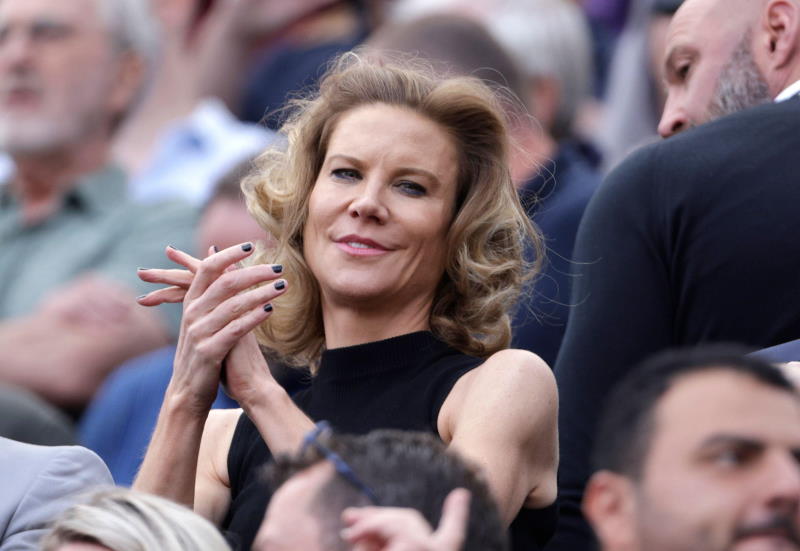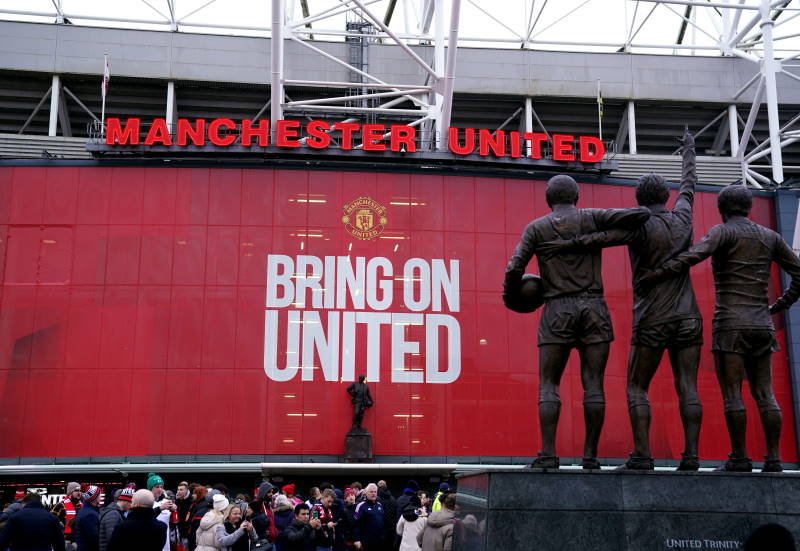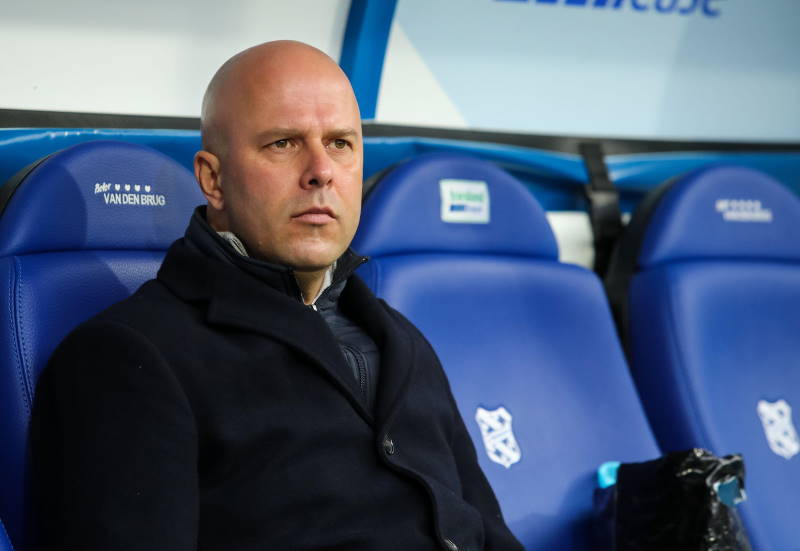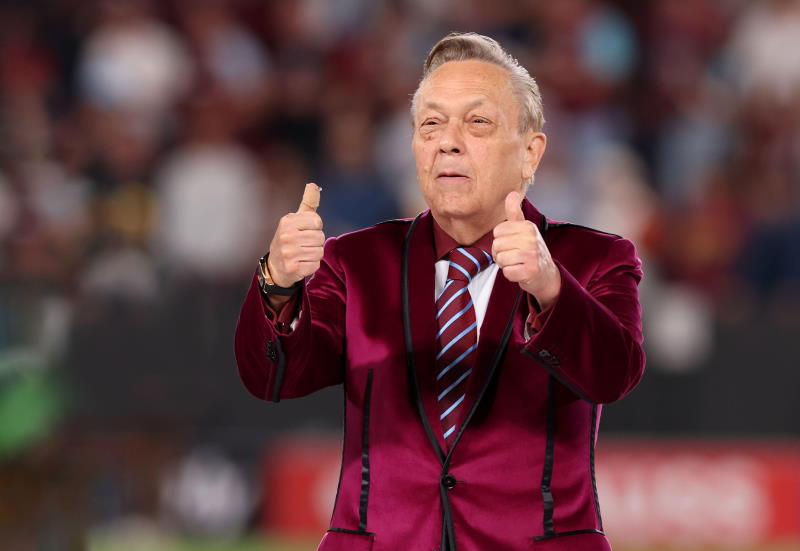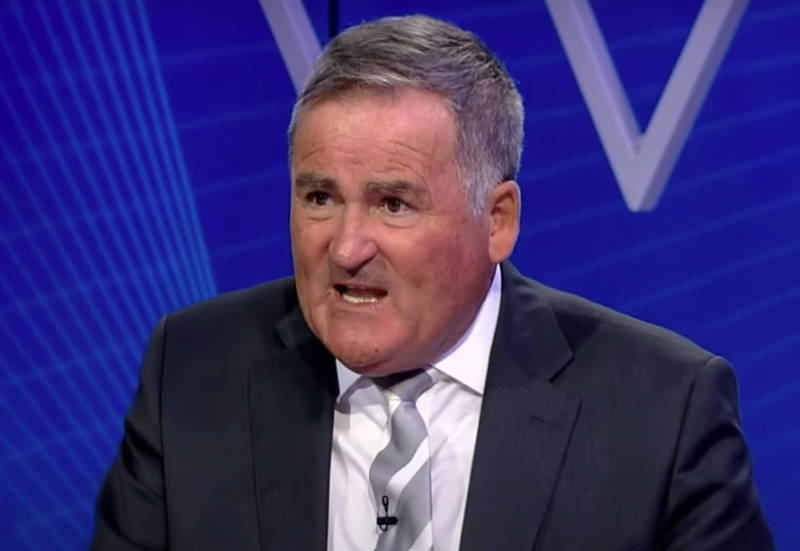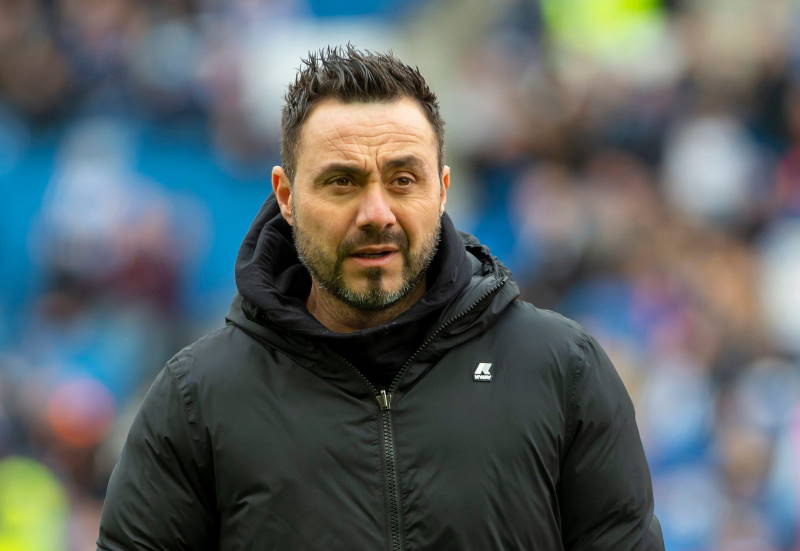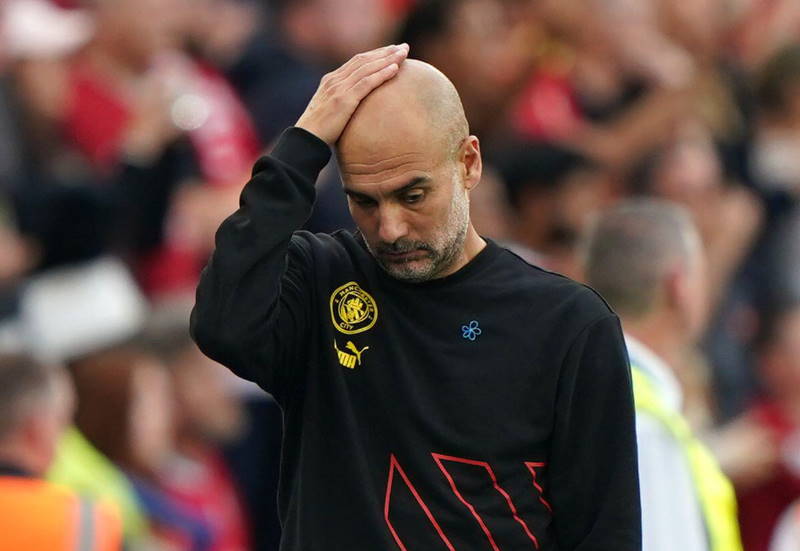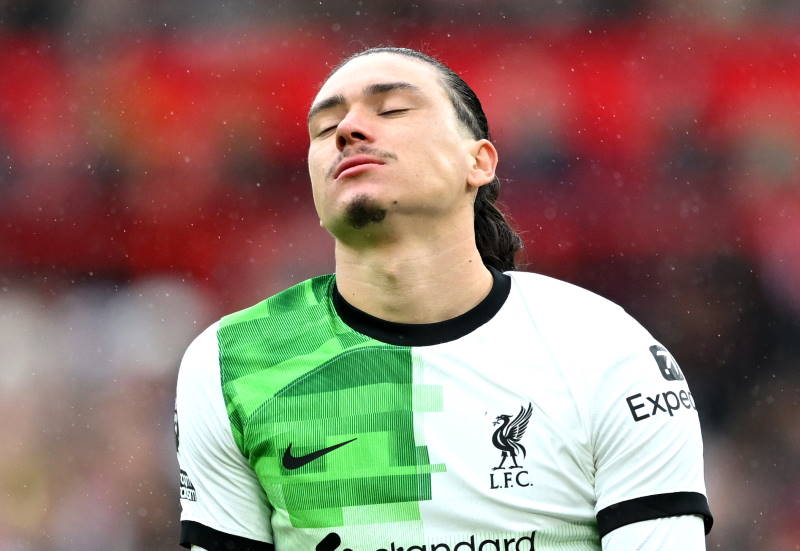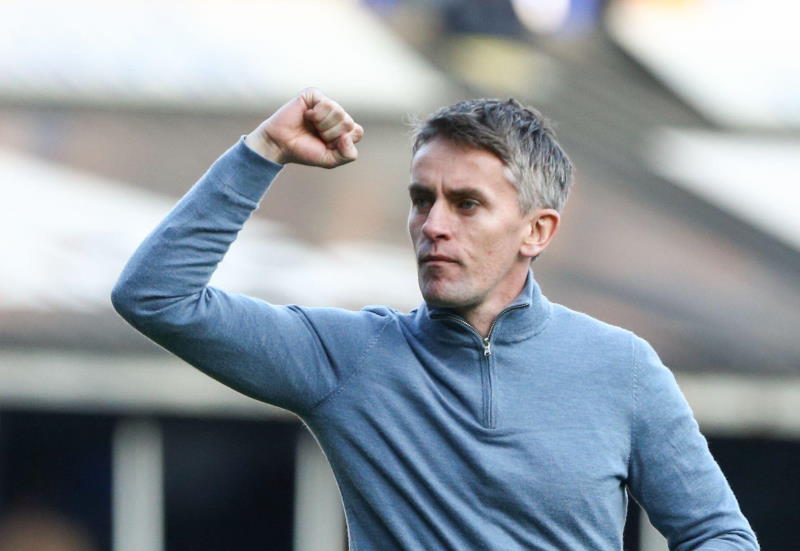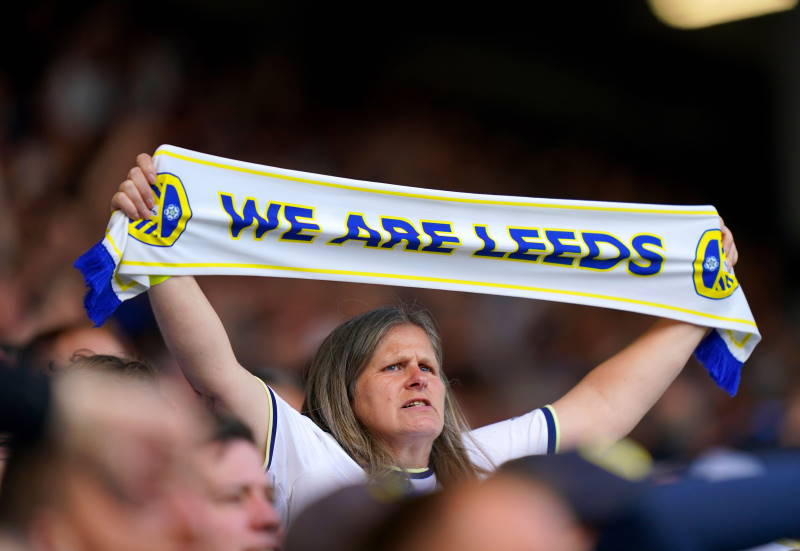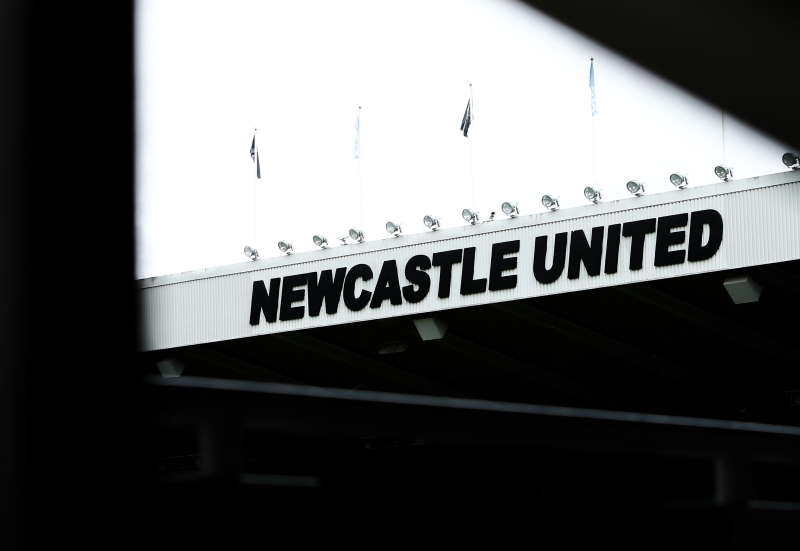
Alec Cordolcini
In most European countries the presence of a second division club in the domestic cup final would be a surprise, one worthy of comment and punditry from the nation's experts. Yet in Switzerland, this is no surprise. Indeed, the Swiss have grown used to second tier clubs shocking their way to the final of their cup. Since the new millennium dawned four Challenge League sides have appeared in the cup final: In 2005 Luzern faced Zurich, losing 3-1, one year later Sion triumphed on penalties against Young Boys (becoming the first second division side to win the trophy) and in 2008 Bellinzona met Basel, being beaten 4-1. Now it is the time of Lausanne and their turn to dream the impossible. And on 9th May, the Challenge League side line up against Basel at the St. Jakob Park Stadium in the Swiss Cup final.
Sitting mid-table in the second division, Lausanne are one of the most important clubs in all Swiss football, with seven titles and nine cups to their name. From Romandy, a French speaking area of Switzerland, they have made an impact on the European stage too. In the 1957/58 season Lausanne reached the semi-final of the UEFA Cup, while seven years later they made the quarter-final of the Cup Winners Cup. While sides from more established leagues might frown at such achievements, for a club from Switzerland they are impressive indeed. In the 1960s Lausanne gained the nickname “Kings of the Night” because with so many evening fixtures they proved virtually unbeatable at home.
All good things come to an end though, as they say, and in a sense they did for Lausanne too. In 2002 the club went out of business. After being relegated to the second division on financial grounds, a year later they were declared bankrupt. Lausanne regrouped and a “new” club began life in the fourth tier, using the Under-21 team from the previous club.
In 2005 Lausanne were back in the Challenge League and welcomed an old hero to lead their charge. Stephane Chapuisat, Swiss Player of the Century, who had turned out for the club between 1987 and 1990, scoring 36 goals in 104 games, returned. Chapuisat may have been a bit older, and probably a bit slower, but he still managed to bag 16 goals for his old side, helping them to third place. After that flurry he hung up his boots.
The new Lausanne have so far failed to make it back to Switzerland's top flight as money has been in short supply and fan numbers on the slide. In the last four years the club's average attendance at Stade Olympique de la Pontaise has fallen from 4,500 to 1,500. Enthusiasm has seemed to be slowly dying.
This season however, quite unexpectedly, Lausanne have once again become the talk of Switzerland. After beating Super League sides Young Boys and St. Gallen, Lausanne will enjoy a fairytale like appearance in the Swiss Cup final. And with their opponents, Basel, already certain to play in Europe next season through their league placing, Lausanne could claim the Europa League place awarded to the cup winners.
Behind Lausanne's impressive march to the final has been two Brazilians – midfielder Rodrigo Tosi and forward Odirlei de Souza Gaspar. Tosi especially has an interesting past.
Born in Curitiba, Brazil, in 1983, Tosi left his homeland in 2005 in search of riches, heading to join Duli Pengiran Muda Mahkota Football Club, more digestibly called DPMM FC. The club, based in Brunei, is owned by Al-Muhtadee Billah, the crown prince. DPMM FC had already decided to leave domestic football and join the Malaysian Premier League (the country's second tier) as a foreign based team, and Tosi scored 25 goals to help his side to promotion to the Malaysian top flight. From there it was back to Brazil, for a brief stop with Joinville, before beginning his European journey with Greek side Iraklis. In Greece Tosi managed less than ten appearances and soon moved on to Olten, a Swiss amateur club, before joining Neuchatel Xamax. In the Super League Tosi failed to impress however, and in August 2009 he signed with Lausanne.
Tosi was crucial in Lausanne's 3-1 away quarter-final win against Young Boys, who themselves look at present on course to win the Super League title. The Brazilian bagged two goals to help send the top flight giants out. Strangely enough, Lausanne travelled to Berne without their fans, who were boycotting the game. The club's faithful had criticised the Lausanne board's decision to play the tie at the Wankdorf Stadium (Young Boys' ground) instead of La Pontaise. The board hoped to make more money from the cup game playing in a bigger ground, but an attendance of only 7,504 and the anger of their own fans meant the choice was a mistake.
The stands were fuller come the semi-final however, as 17,197 at the AFG Arena saw Lausanne surprise Super League side St. Gallen, with Brazilian forward Gaspar scoring the vital goal in the 2-1 win. The former Challenge League top scorer from his time with Vaduz (31 goals), Gaspar arrived at Lausanne on loan from Bellinzona last January, and had struggled to break into the team. The forward will hope his strike, which will live long in the memory, may represent a turning point in his career. More impressively though, Lausanne had even managed the victory with just ten men, as defender Guilaume Katz, who had previously scored the equaliser, was shown a red card.
For Lausanne, the cup final will be the only bright spot in an otherwise dull sky. The club's turbulent season has seemed endless at times and head coach John Dragani was sacked in March. Arpad Soos took over, but things failed to improve. “Our victory against St. Gallen must be the starting point of a new era for Lausanne”, Soos said. “At the AFG Arena we always tried to play football. I can't deny we were a little bit lucky, but in my opinion we deserved [to be in] the final, because we showed the right mental approach to the game.”
In 1967 Basel beat Lausanne 3-0 in the final of the Swiss Cup, but it was a win by forfeit after Lausanne abandoned the pitch furious that referee Richard Durr had awarded their opponents a dubious penalty to give Basel a 2-1 lead. 43 years later Durr stood on the stands of the AFG Arena, and he was amongst the first to congratulate Lausanne's players upon once again reaching the final. Despite a league campaign to forget, their dream goes on.
Related Articles:
- – Abyss Looming for Swiss Giants Grasshopper
- – Young England Lion Sutter Blazing Trail Abroad
- – Sivasspor in Unexpected Relegation Fight

